Did you know? Concrete is the most widely used construction material in the world. When properly installed, it is also one of the most durable materials in the industry.
One of the most common questions homeowners ask is why their concrete is cracking. You may have heard the saying, “There are two types of concrete: concrete that will crack and concrete that has cracked.” While this may hold some truth, there are multiple factors that contribute to concrete cracking. Below are some key reasons why it happens.
Freeze-Thaw Cycles
Extreme temperature changes cause concrete to expand and contract, stressing the material and leading to cracks.
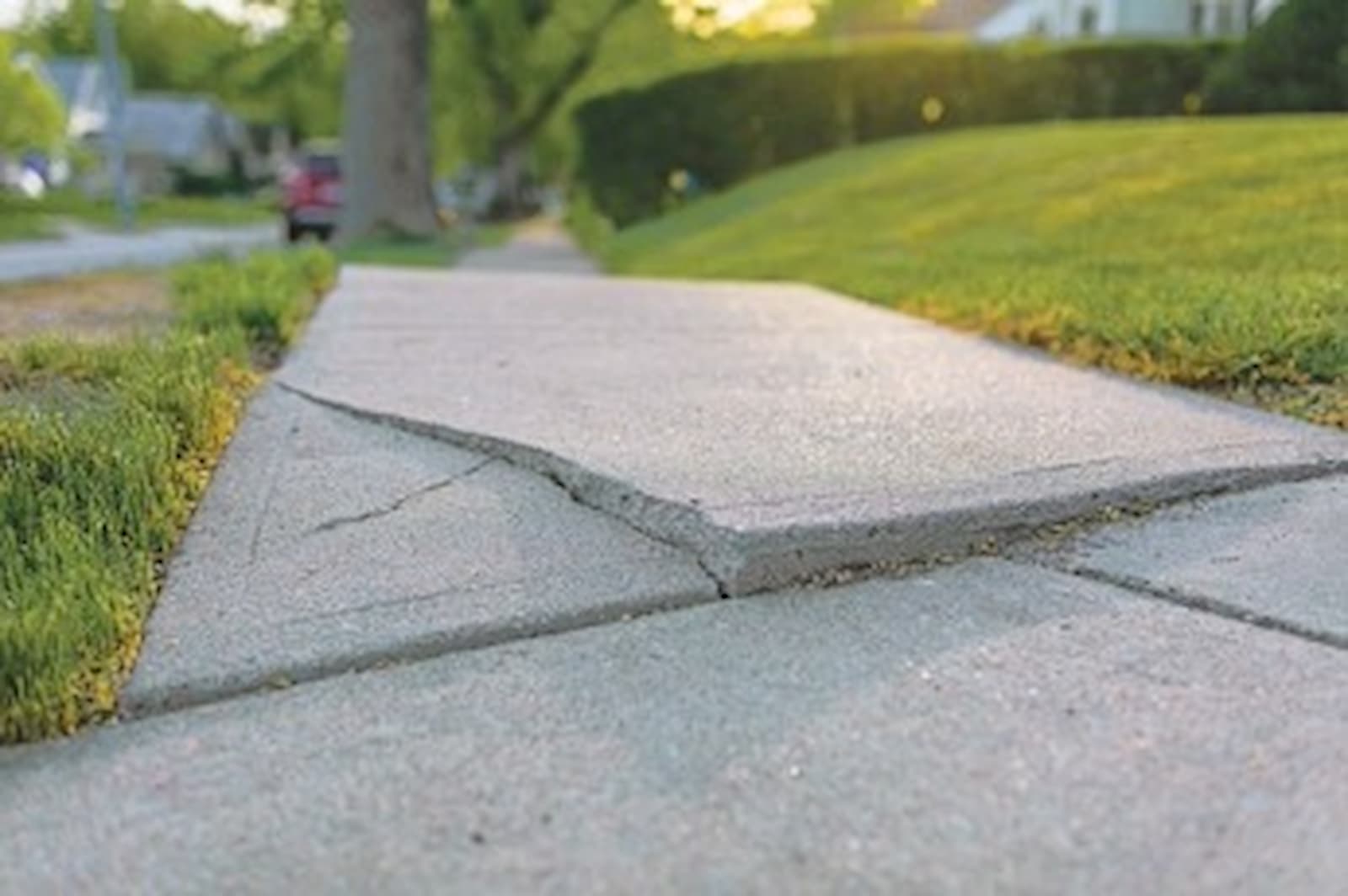
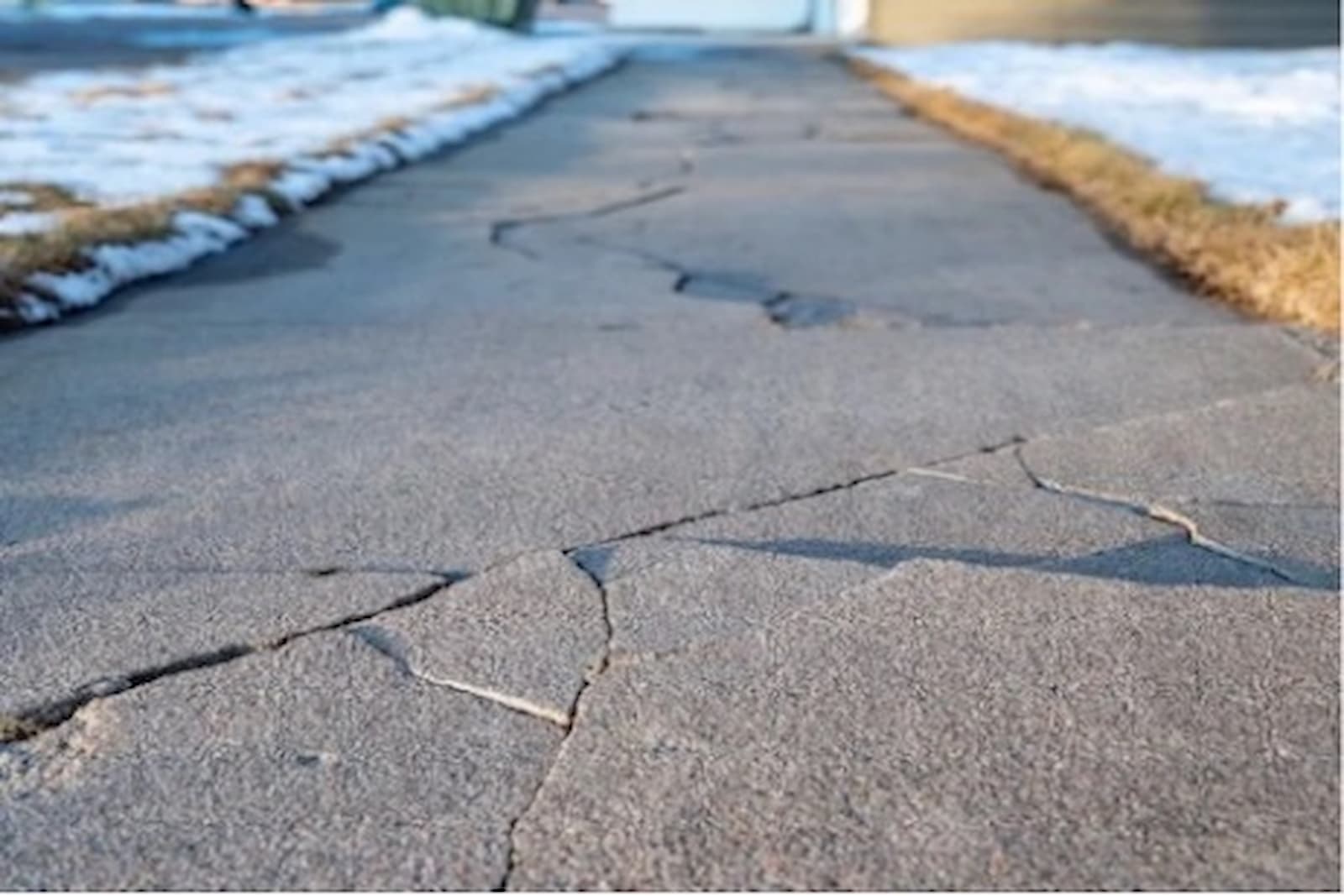
Plastic Shrinkage
Water evaporates quickly as the concrete initially sets, leaving voids that weaken the concrete and cause cracking.
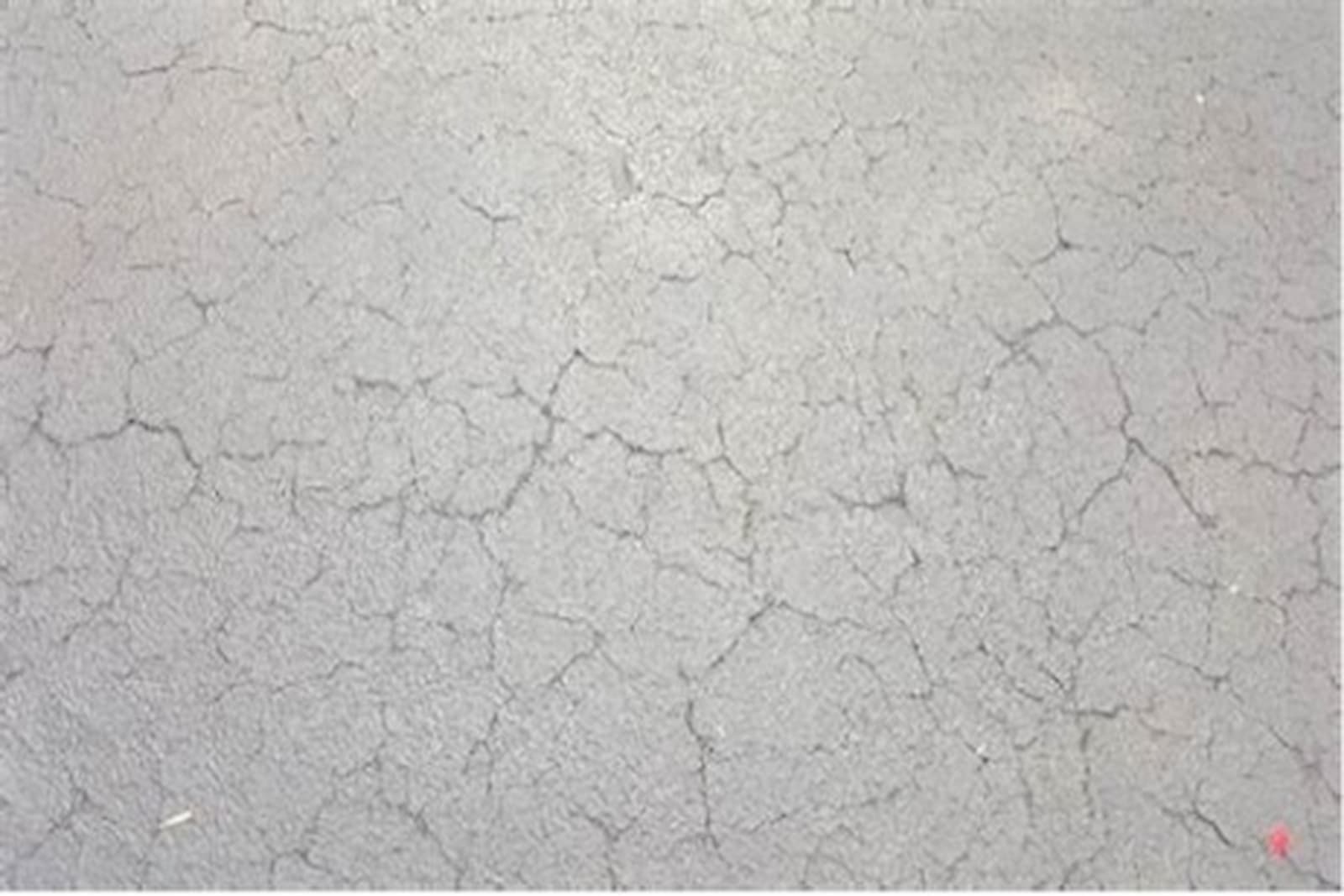
Lack of Control Joins
Control joints are intentional gaps in the concrete that allow for controlled movement, and their absence can lead to uncontrolled cracking.
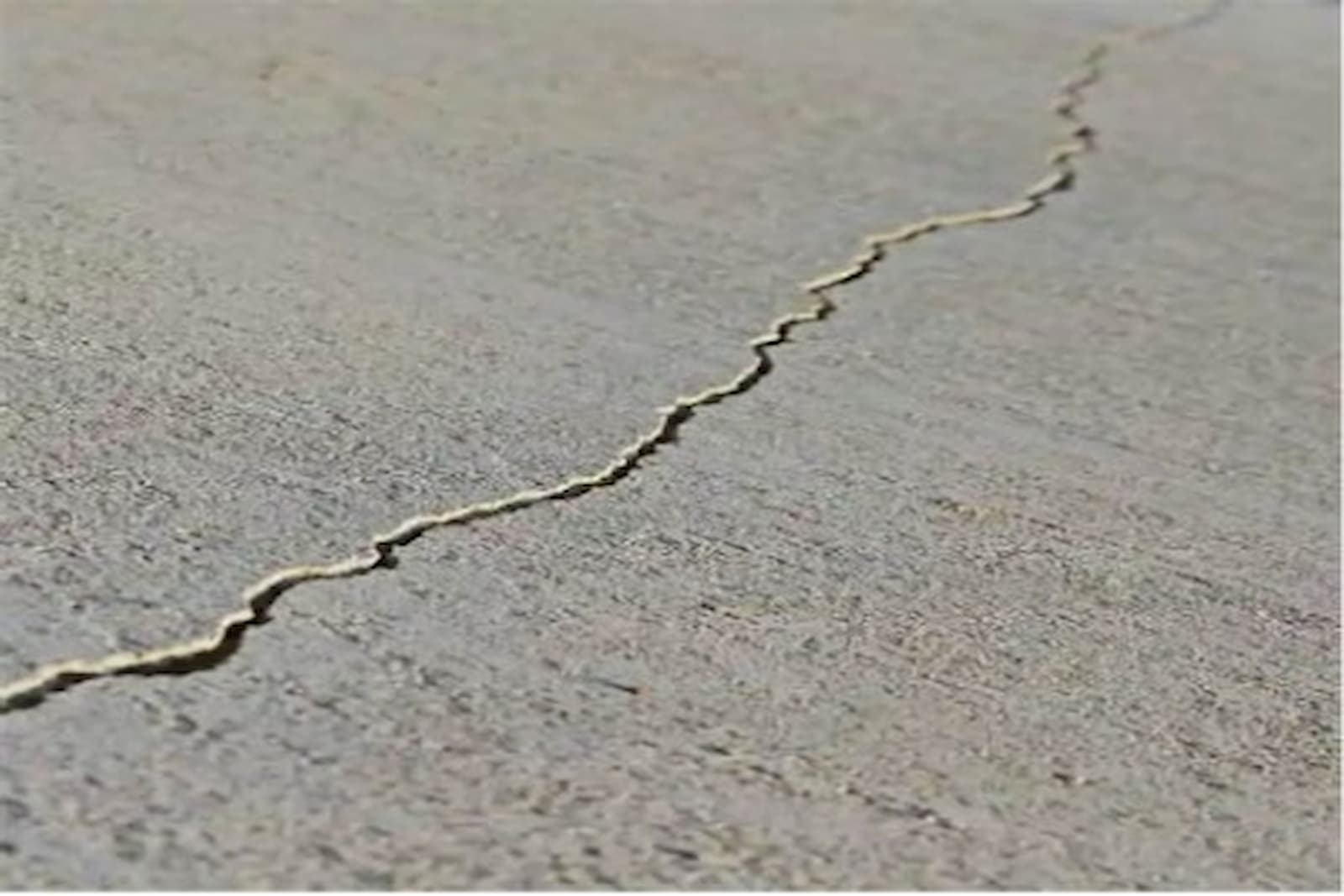
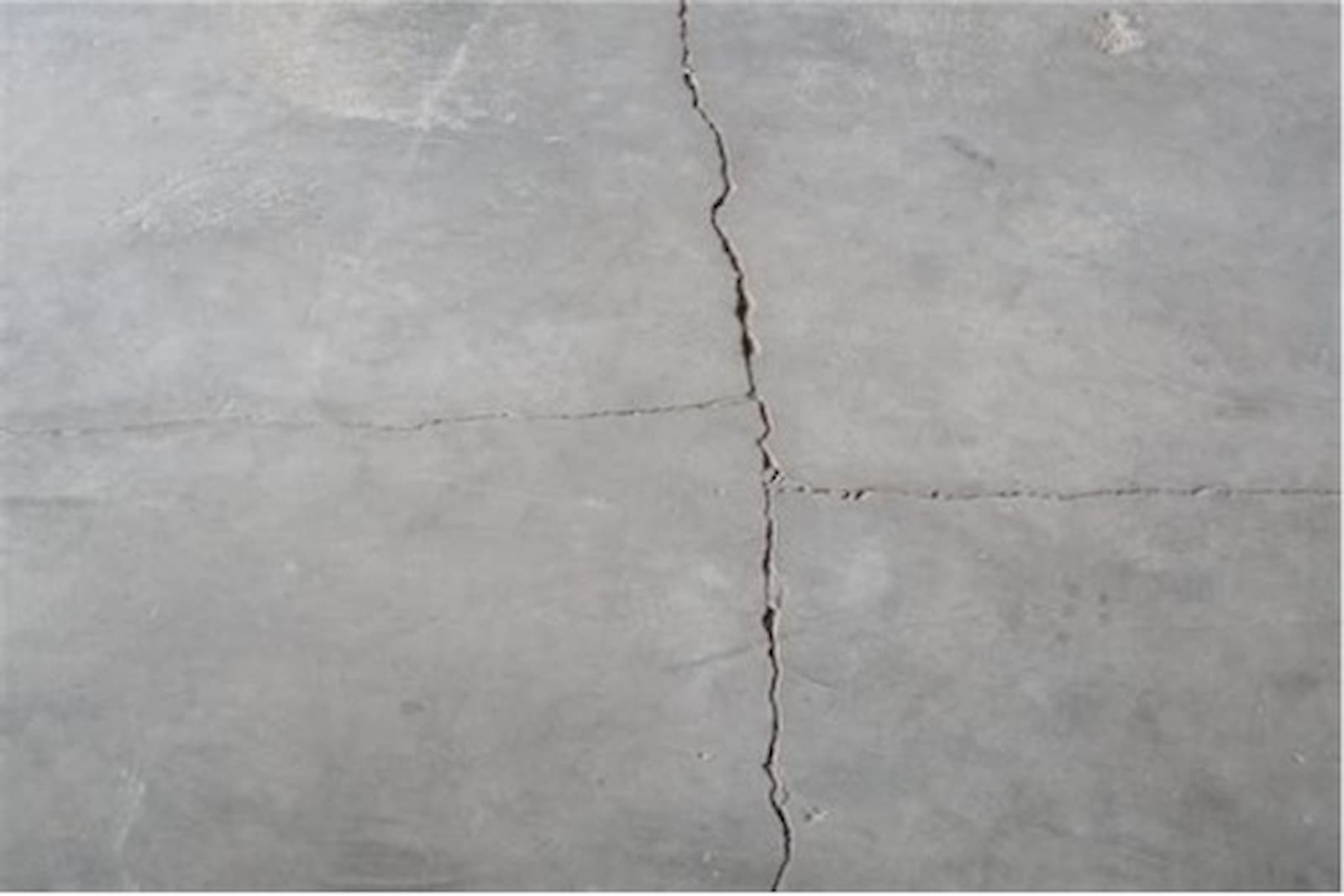
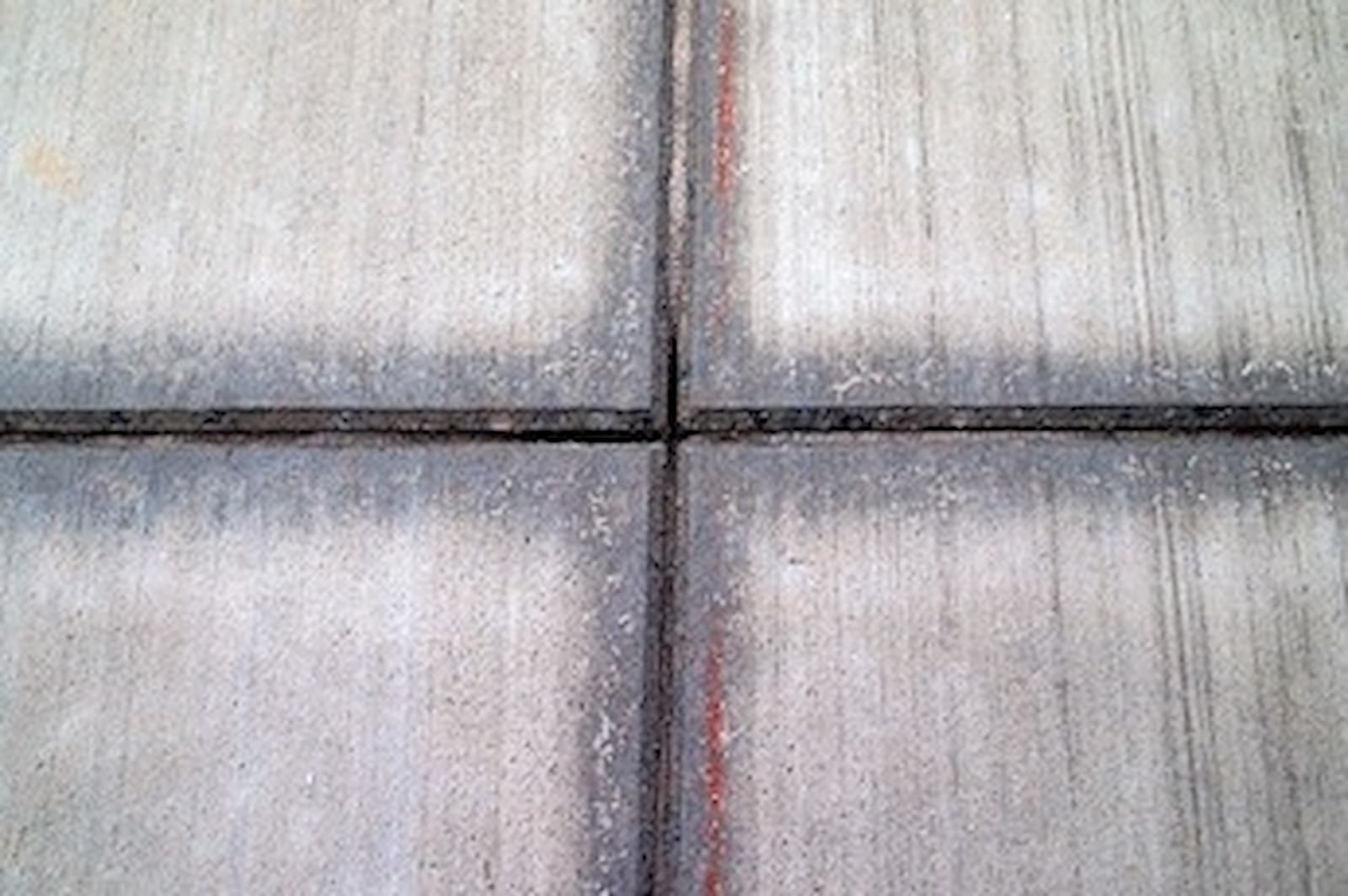
Excess Water in the Mix
Too much water in the concrete mix leads to excessive shrinkage during curing, increasing the likelihood of cracks.
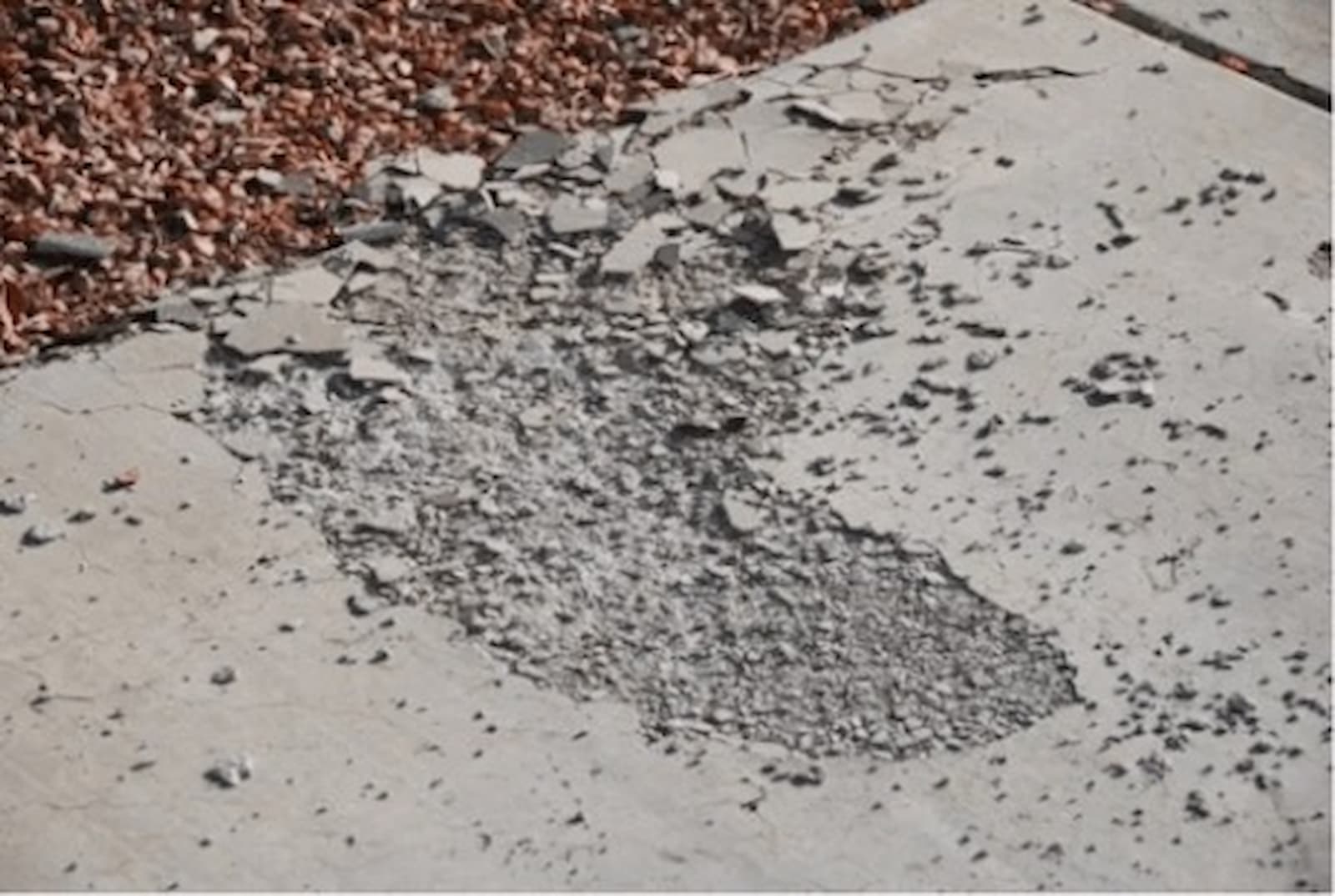
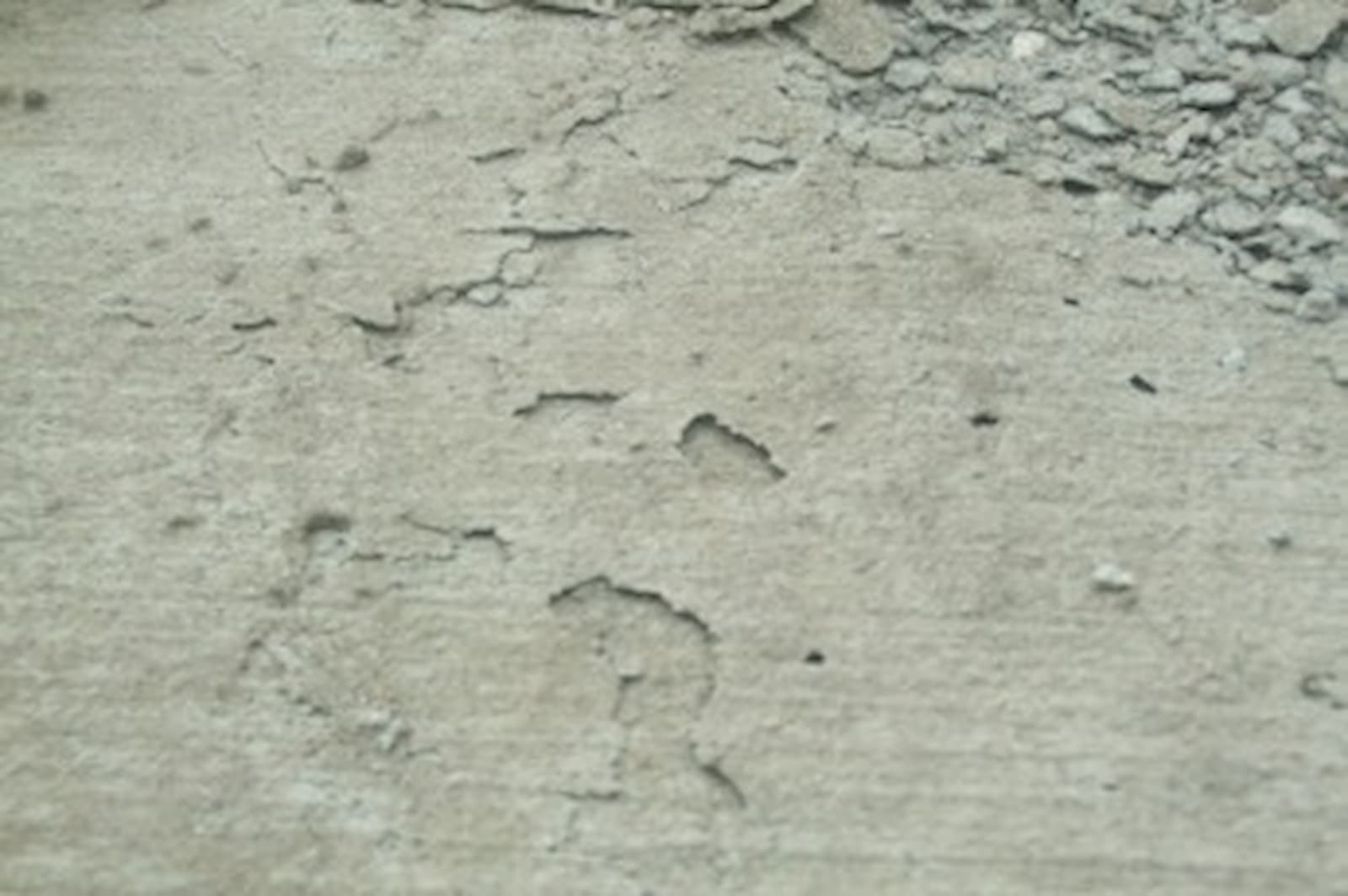
Poor Sub-Grade Preparation
If the ground beneath the concrete is not properly compacted, uneven settling can cause cracks. This is probably the main reason for external concrete damage.
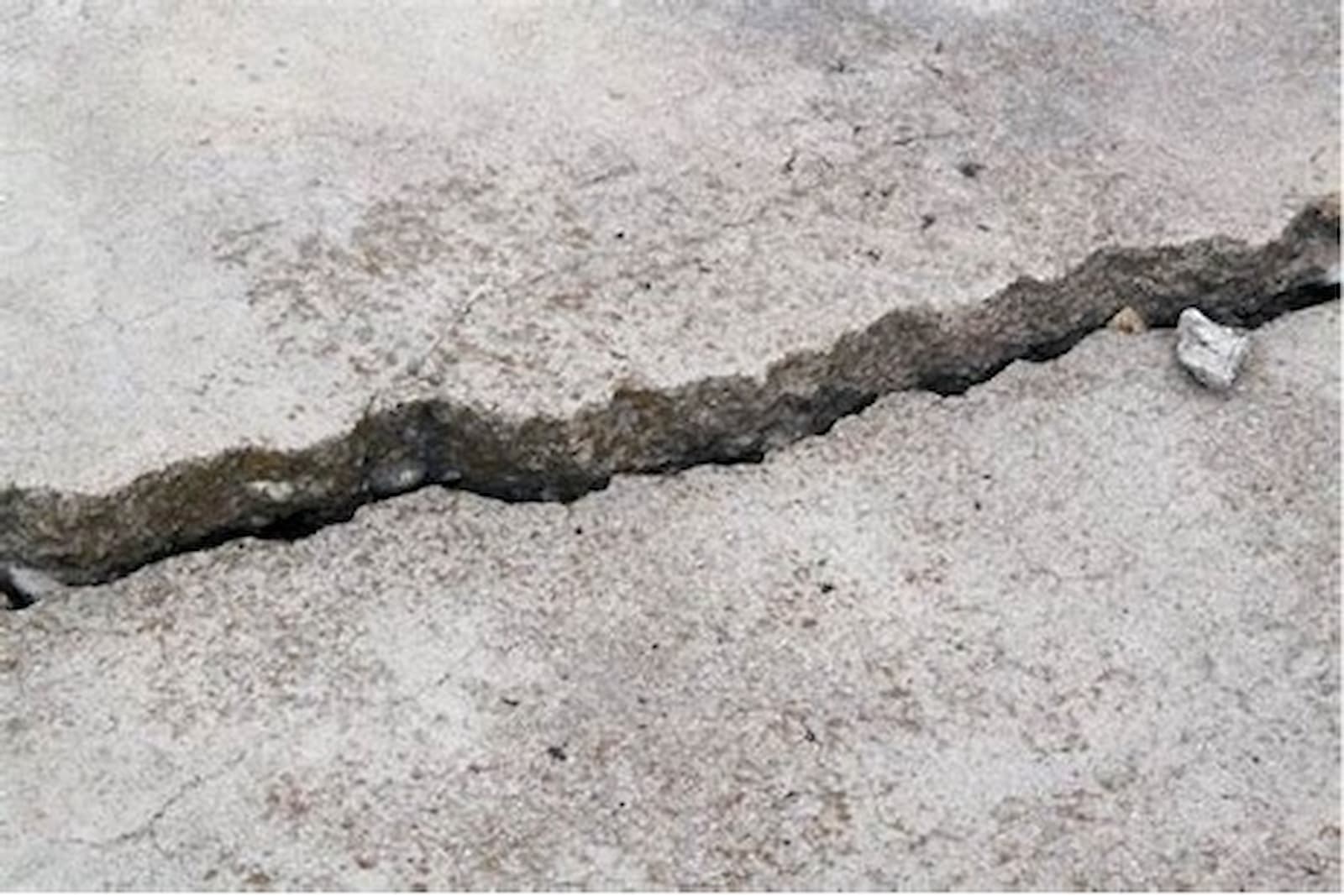
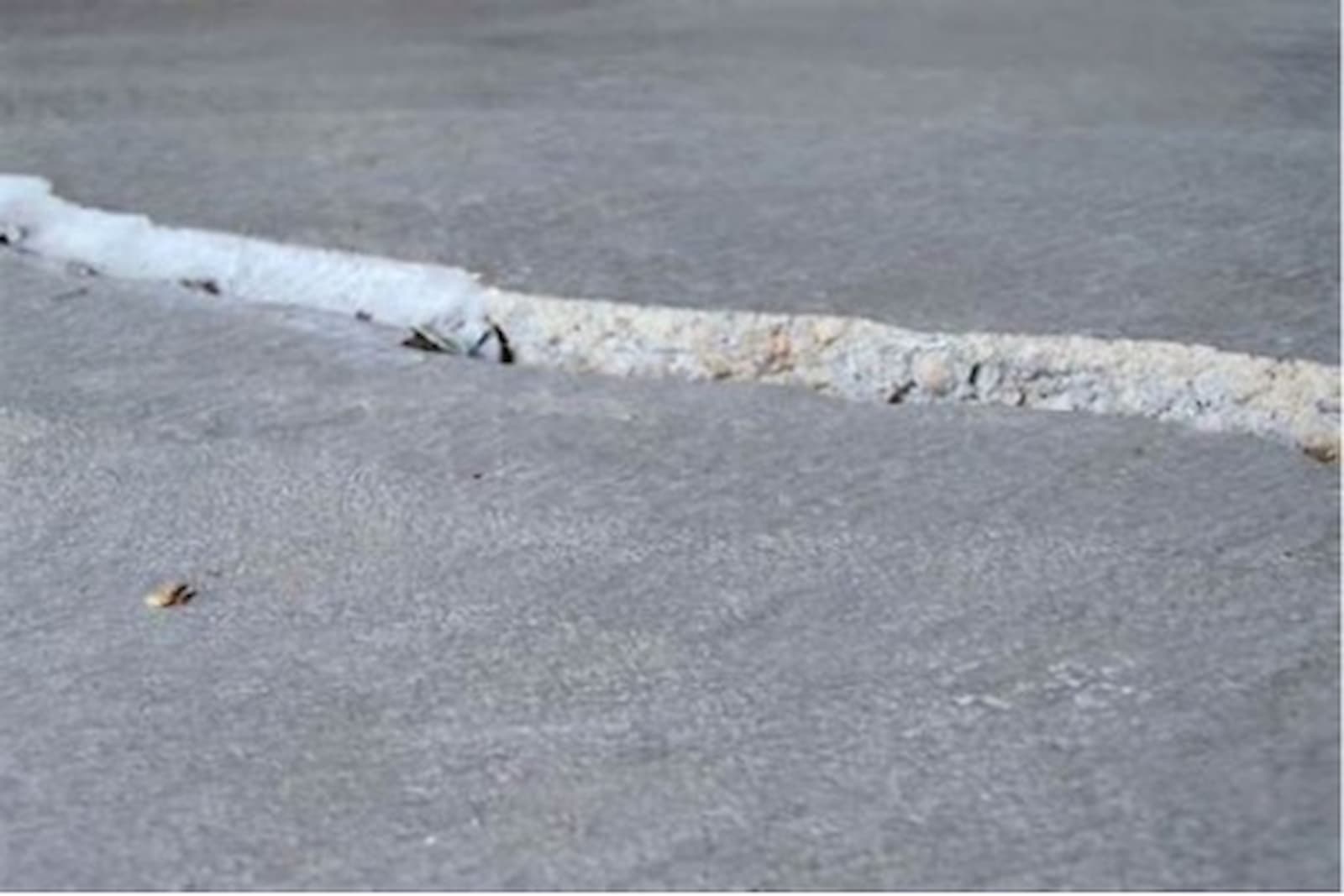
Overloading
Placing too much weight on a concrete slab can exceed its load capacity and result in cracks.
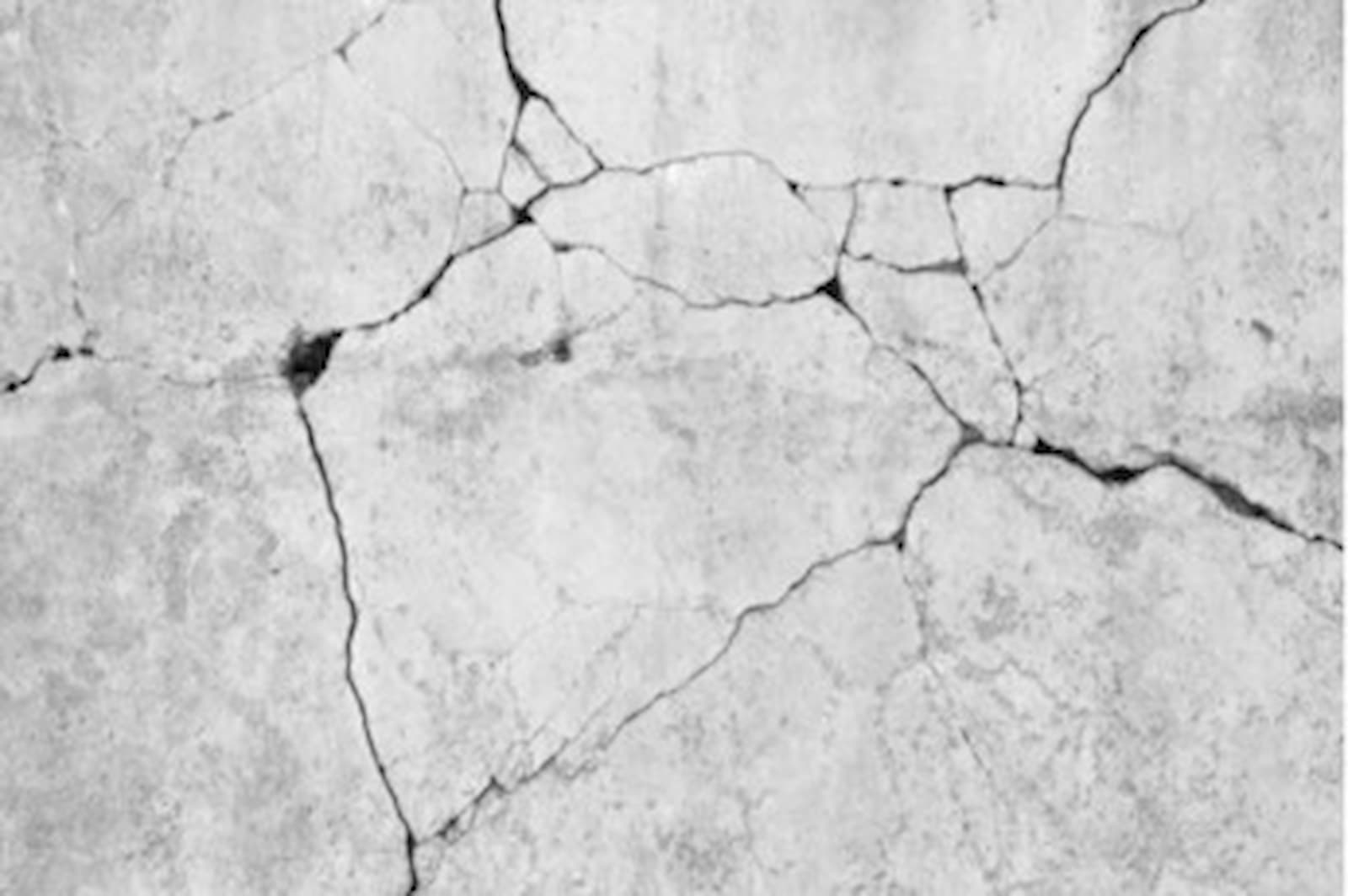
Corrosion of Reinforcement
If the reinforcing steel within the concrete corrodes, it can expand and pressure the surrounding concrete, causing cracks.
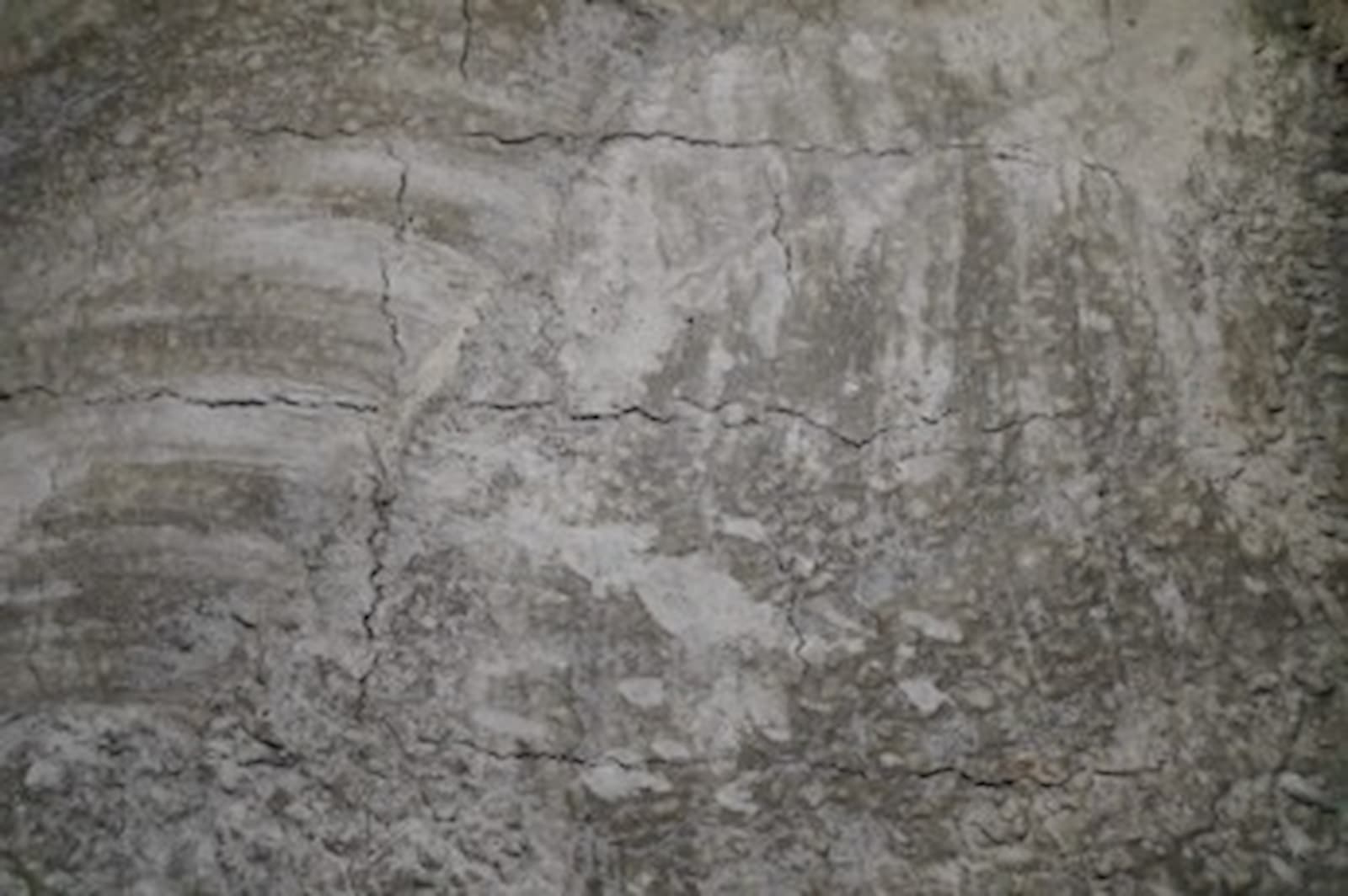
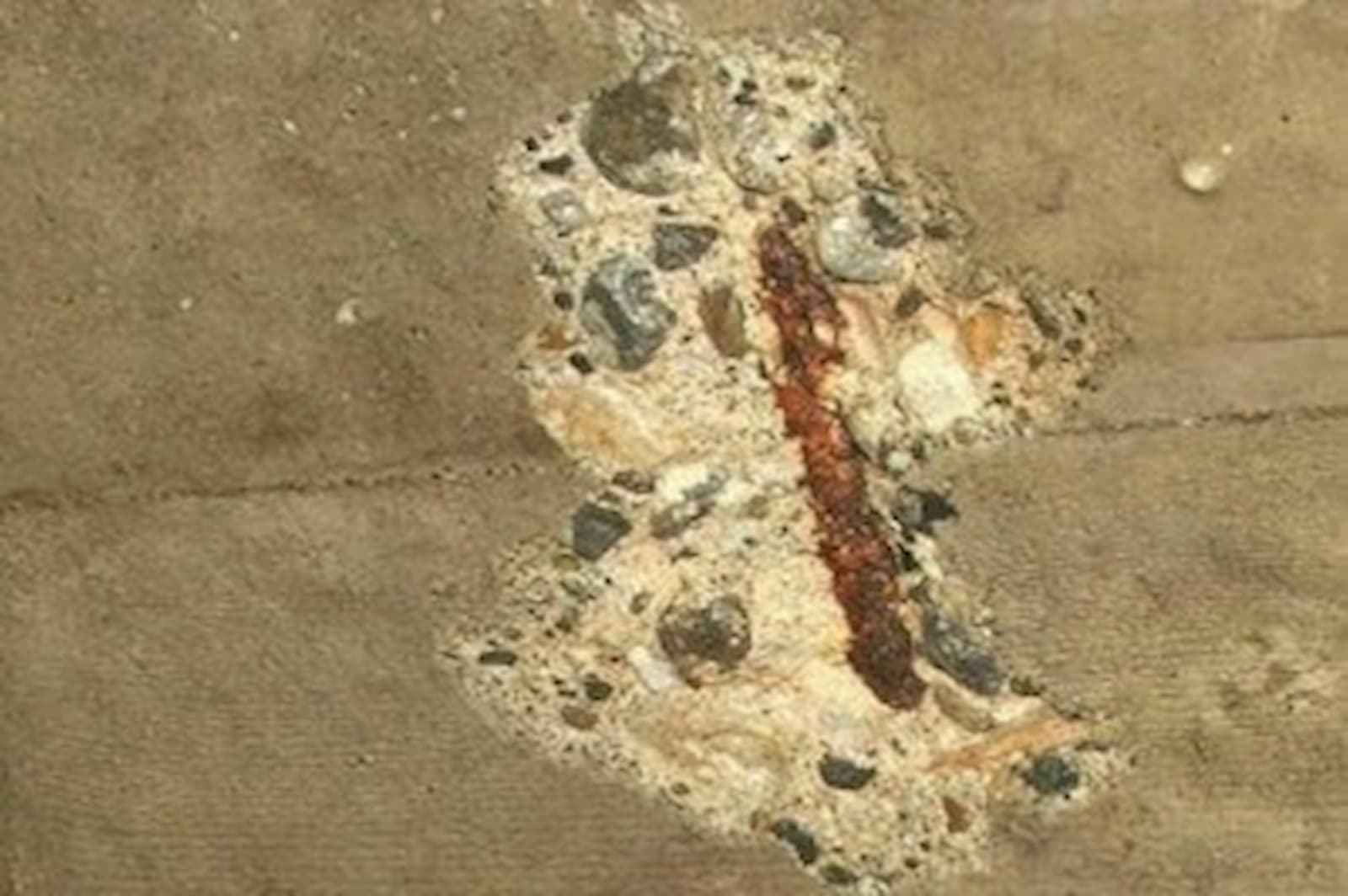
While cracks in concrete are almost inevitable, understanding the causes can help prevent and manage them. Ensuring proper installation—such as using the right mix, incorporating control joints, and preparing a solid foundation—can significantly reduce the risk of cracking. Awareness of factors like freeze-thaw cycles, excessive water, and overloading allows homeowners to take proactive steps in maintaining their concrete surfaces. With the right approach, concrete can remain a durable and reliable material for years to come.







